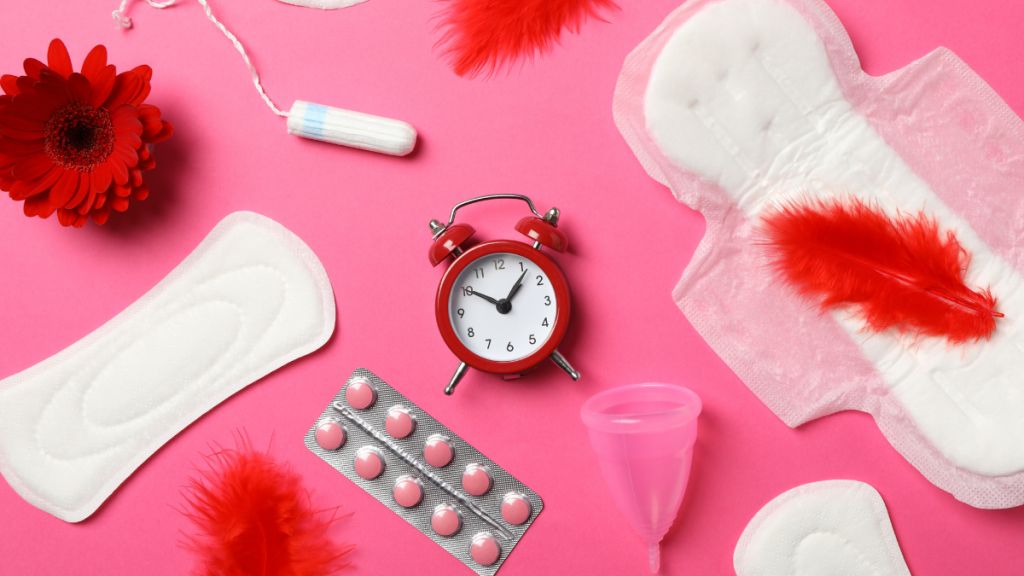
A non-governmental organisation Sulabh Sanitation Mission Foundation launched a comprehensive research report on menstrual hygiene management in India, Combating The Silence From Menarche To Menopause, on Friday.
This research study is based on ethnographic data of menstruating women in the 20-49 years age group in 14 districts across India. The report highlights challenges faced by women on account of issues surrounding menstruation, such as migration for work and relocation in sugarcane fields, brick kilns, mines, and factories. It also underlines the multi-sectoral nature of issues affecting women’s health, including availability and affordability of menstrual hygiene products; availability of water, sanitation, and hygiene (WASH) infrastructure; efficient delivery of public schemes; education; social stigmas and more.
The report’s objective is to leverage evidence-based knowledge to strengthen existing policies or inform new policies.
A chapter on Maharashtra, based on interviews in Beed and Dharashiv districts, discusses the significant percentages of women found to lack biological awareness, low knowledge on exact health risks, and communication barriers to discussing menstrual health issues. It also discusses the issue of hysterectomies among migrating women workers.
Dr Neelam Gorhe, deputy chairperson of the Maharashtra Legislative Council and founder-president of the Stree Aadaar Kendra, who served as the chief guest and delivered the keynote address, said the report is a clarion call for policymakers, grassroots organisations, and the public to come together to eliminate barriers to menstrual hygiene.
Gorhe said, “This requires a partnership between the government, voluntary organisations, and communities to bring real change.”
Recalling an incident during a meeting to increase women’s participation in the electoral process, Gorhe said, “I noticed several women standing despite there being space on the carpet. When I urged them to sit, they explained they were menstruating and didn’t want to ‘defile’ others. The irony of such stigma unfolding at a gathering meant to empower women is striking.”
Gorhe stressed that the movement cannot gain momentum without the support and involvement of men. “When a man becomes sensitised, he influences his family and improves life for countless women,” she said.
Nirja Bhatnagar, national director of programme and advocacy, Sulabh International Social Service Organisation, said, “Maharashtra has always been ahead in advocating for gender equality. If the state implements the recommendations from this study, it could set a powerful example for others to follow.”
The report finds that across India, girls are fearful of using school toilets during menstruation due to the poor quality of facilities, leading to absenteeism from school during periods. On access to medical services, 91.7% of older women said they skipped consulting doctors for menstruation-related health issues due to a lack of women doctors.
Study Report
Field research conducted in 10 villages across Beed and Dharashiv districts
577
Interviews conducted: 351 in Beed, 226 in Dharashiv
Awareness gaps
19.1%: Surveyed women in Beed did not know which organs were related to menstruation
26.5%: Respondents in Beed did not know the causes of menstruation
24.5 %: Women in Beed and 16.8 % women in Dharashiv could not say what were the side effects of poor menstrual hygiene
Hygiene
70.3%: Respondents in Beed and 66.2% in Dharashiv use menstrual products other than cloth
62.2%: Women reported that they use sanitary pads in combination with cloth for saving costs
Average spending capacity on menstrual products was Rs27 per month in Beed, and Rs57 per month in Dharashiv.
In both districts, nearly half of women said they used clean cotton cloth during menstruation, of which 62.2.% of women reuse the cloth.
Cloth washed in bathrooms or near wells/hand pumps
Healthcare
14.3%: Women from Beed reported seeking medical advice
7.1% Visited a doctor and received treatment
70.4% Women from Dharashiv gave reason that the doctor is too far to reach
14.8% Women in the district saud they do not have money to visit the doctor
44.9% Respondents in both districts refrained from seeking medical advice on menstrual health issues due to non-availability of a lady doctor
66 out of 577 women respondents in Maharashtra reported undergoing a hysterectomy
Only four out of 66 hysterectomies were done in government hospitals